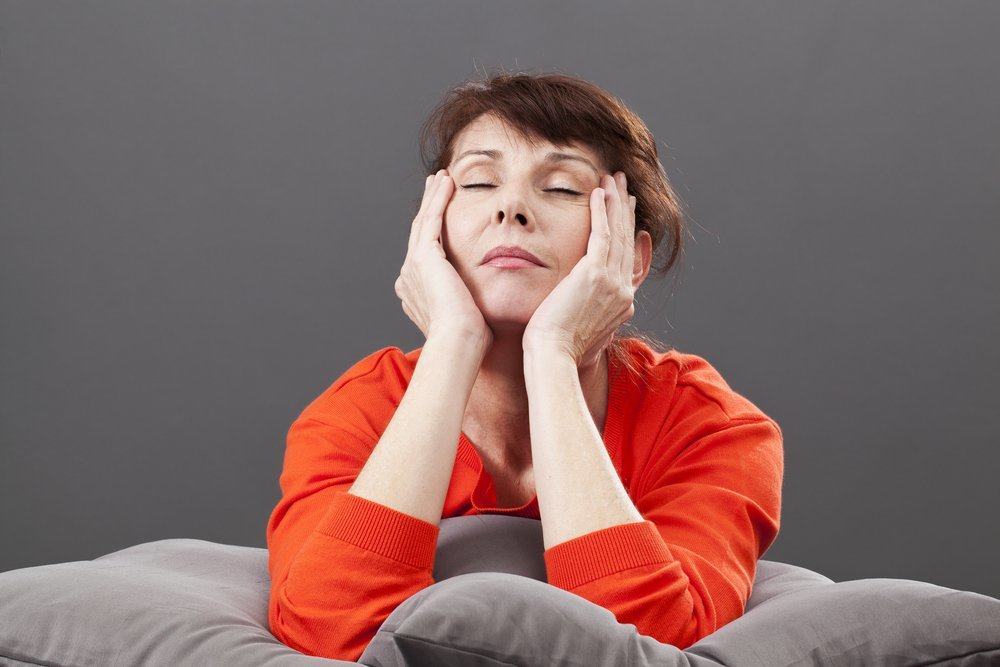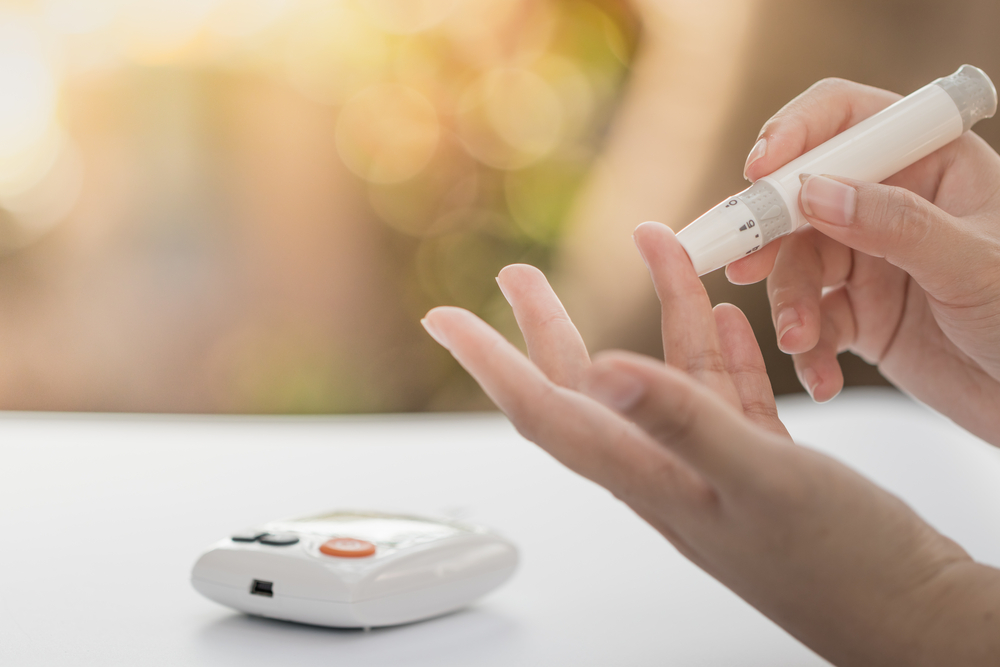Contents:
- Medical Video: Women's Wellness: Perimenopause - What the Heck is Happening to My Body?
- What happens at menopause?
- Changes in the body in three stages of menopause
- Perimenopause
- Menopause
- Postmenopause
Medical Video: Women's Wellness: Perimenopause - What the Heck is Happening to My Body?
Every woman must experience menopause after reaching a certain age. That is, at this time a woman can no longer have children because her body does not release eggs and will not experience menstruation again every month. Sometimes, some women are very worried about this because menopause causes some changes in him.
What happens at menopause?
The number of eggs that a woman has has since birth, in limited numbers. These eggs are stored in the ovaries (ovaries), then will be released every month when women start reaching puberty. In addition to storing eggs, the ovaries also produce estrogen and progesterone hormones. Both of these hormones function to control ovulation and menstruation every month.
As time goes on, of course the supply of female eggs will run out. When a woman's ovary has not released the egg every month and the woman's menstruation stops this is what is said to be menopause.
Women will usually experience menopause at the age of 40 years. Most women will experience menopause at the age of 50 years or more. However, a small percentage of women may also experience early menopause, namely menopause that occurs before the age of 40 years. Usually early menopause occurs due to surgery (eg hysterectomy), ovarian damage, or chemotherapy.
Changes in the body in three stages of menopause
There are three stages of menopause, namely those that occur before, during, and after menopause.
Perimenopause
It occurs several years before menopause occurs, when the production of the hormone estrogen by the ovary has begun to decrease. Usually in 1-2 years before menopause occurs, the hormone estrogen decreases dramatically.
At this time, many women have experienced signs of menopause, such as:
Menstrual periods begin irregularly
Changes in women's menstrual patterns occur every month. Some women may experience menstruation every 2-3 weeks, and others may not menstruate every month.
Women's fertility decreases
Because during the perimenopausal period the production of a woman's estrogen hormone decreases, so her fertility will decrease and the chance for pregnancy also decreases. However, at this time you can still get pregnant.
The vagina feels dry
Some women may experience dyspareunia (pain during intercourse) because of vaginal dryness. This makes women feel uncomfortable during intercourse and can cause female sexual arousal to decline. In addition, vaginal atrophy also occurs, which is caused by thinning and shrinking tissue, and decreased mucus production. All this can happen because the production of the hormone estrogen decreases.
Menopause
Occurs when a woman has not had another menstrual period for one year. Right now, the ovaries really don't release the egg and have stopped producing estrogen and progesterone.
At this time, most women will experience:
Hot flushes
Occurs when you feel heat in your upper body suddenly. Can occur on the face, neck, and chest, and can spread to the back and arm area. Your skin in this section may also be reddened. You may also sweat and your heart rate can be faster or irregular.
Sleep problems
You may experience difficulty sleeping at night and lots of sweating while sleeping, so that your night's sleep feels uncomfortable. This makes you feel tired during the day.
Mood swing
Because of the discomfort when sleeping at night, maybe this will affect changes in mood You. Other than that, mood swing can also be caused by stress, changes in the family, or fatigue. You might find it easy to get angry or cry.
Postmenopause
This happens after one year of your menopause. At this time, signs of menopause, such as hot flushes, over time it will disappear. However, the health risks associated with the hormone estrogen will increase in women after menopause.
Some health risks caused by low estrogen levels in the body are:
Bone loss
Low estrogen levels in the body cause a decrease in bone mass, so the risk for experiencing porous bones is greater. Even worse, this can increase the risk of osteoporosis.
Skin changes
Low levels of estrogen in the body can cause reduced levels of collagen, where collagen is a tissue that forms the skin. So, menopausal women will usually have thinner, drier, and wrinkled skin. In addition, the lining of the vagina and urethra will also thin out and weaken, and this is what causes you to feel uncomfortable during intercourse. This will also increase your risk of vaginal infections and urinary tract infections.
Change of teeth and gums
Like collagen tissue, low estrogen levels in the body will also lead to reduced connective tissue. This causes you to have a higher risk of losing teeth or experiencing gum disease.
READ ALSO
- 9 Diseases That Stalk Women After Menopause
- 5 Tips to Make Menopause Feel Easier
- Can Men Also Menopause?












